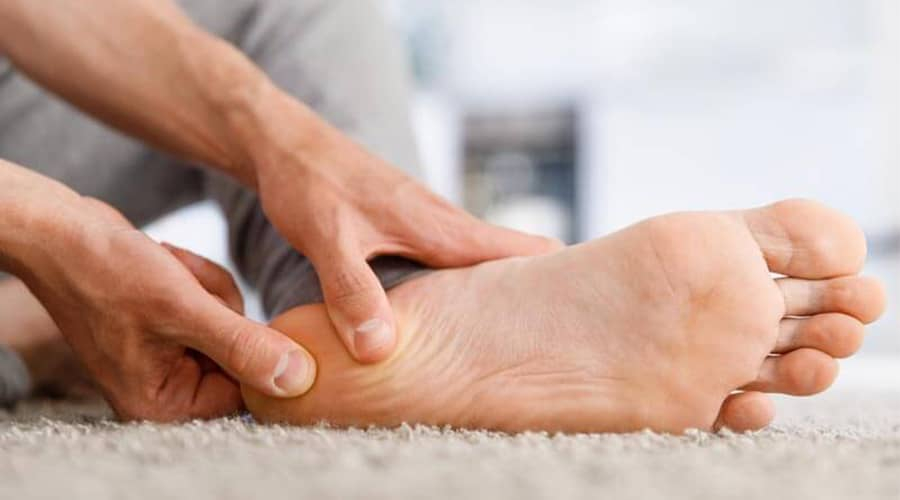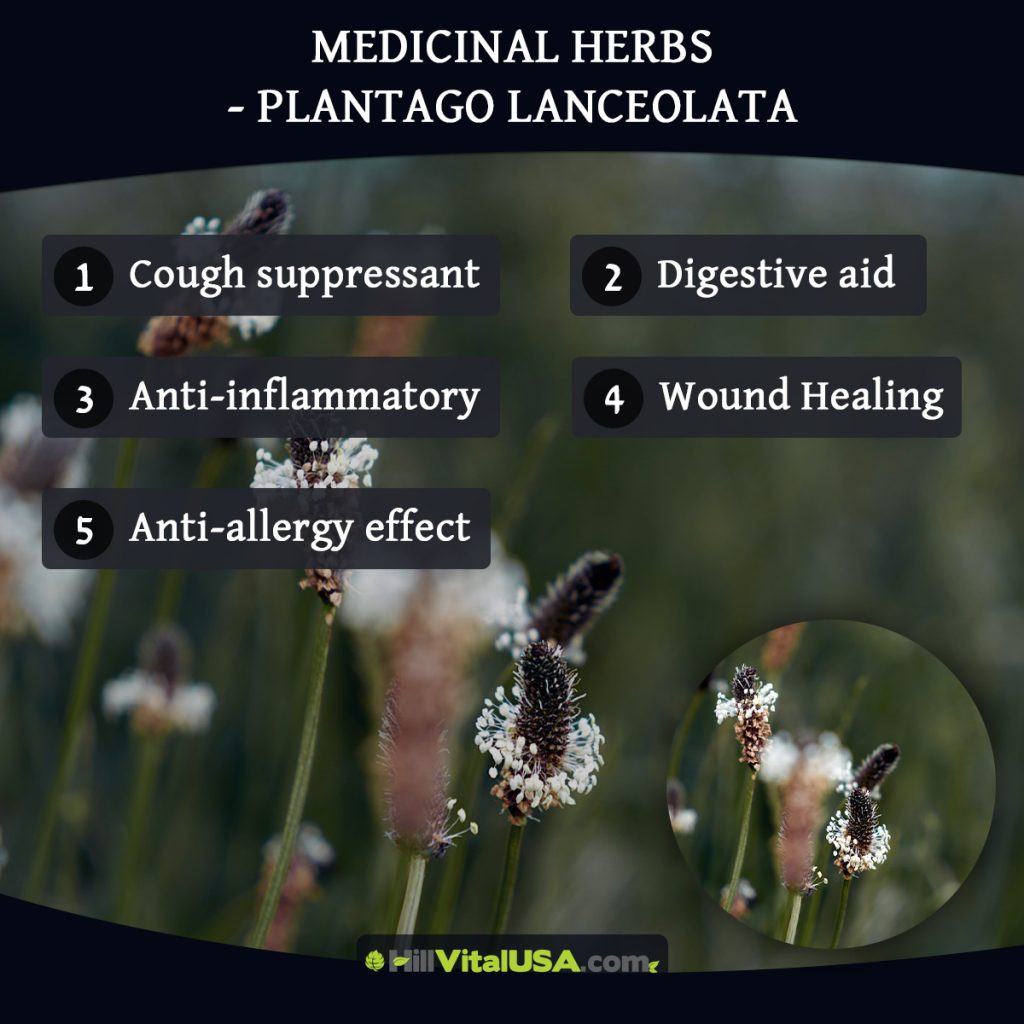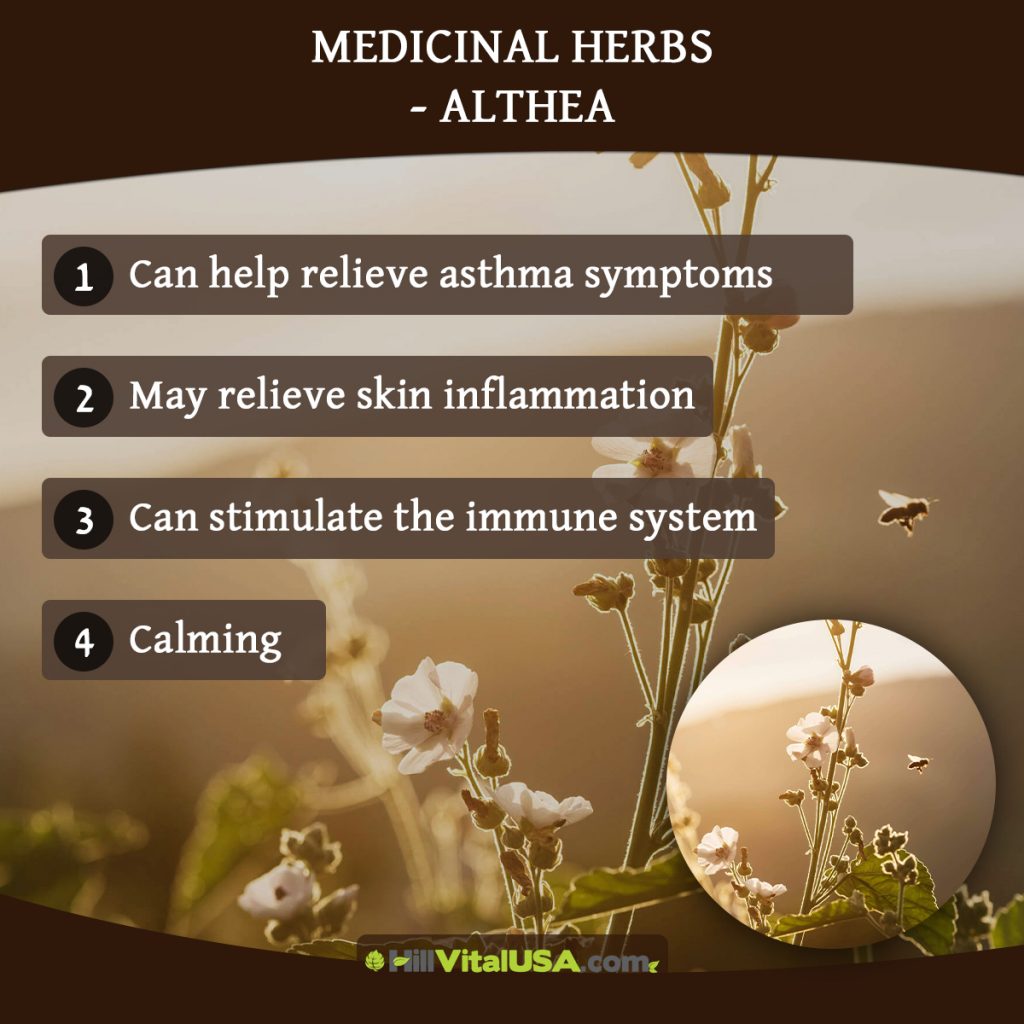Liver detox: 3-week cleanse and detox plan.

A 3-week liver detox cleanse helps remove toxins, improve liver function, and boost overall health by incorporating healthy foods, herbs, and hydration.

A 3-week liver detox cleanse helps remove toxins, improve liver function, and boost overall health by incorporating healthy foods, herbs, and hydration.

Discover effective home remedies to treat corns, such as soaking feet, using pumice stones, applying moisturizing creams, and wearing proper footwear.

Boost your immune system with essential vitamins like Vitamin C, D, and E, which help fight infections, improve defense mechanisms, and enhance overall health.

Cucumbers are packed with nutrients like vitamins, antioxidants, and water, promoting hydration, skin health, and aiding digestion while being low in calories.

Plantago lanceolata, also known as ribwort plantain, is a medicinal herb used for its anti-inflammatory, antimicrobial, and soothing properties, aiding respiratory and skin health.

Chestnut, a medicinal herb, is known for its anti-inflammatory and antioxidant properties, aiding in circulatory health and reducing swelling and pain.

Chasteberry, a medicinal herb, is commonly used to support hormonal balance, alleviate menstrual discomfort, and promote overall reproductive health in women.

Althea, also known as marshmallow root, is a medicinal herb used for its soothing properties, helping with respiratory issues, digestive discomfort, and skin irritation.

Medlar is known for its digestive, anti-inflammatory, and antioxidant properties, aiding in digestion, boosting immunity, and supporting skin health.

Aloe vera is known for its healing properties, offering benefits for skin health, digestion, and inflammation. It helps soothe burns, moisturize skin, and support immunity.